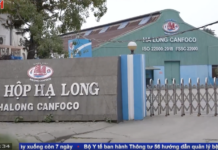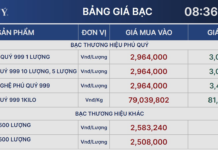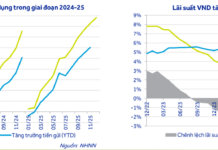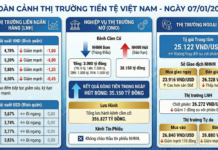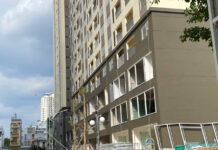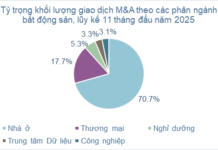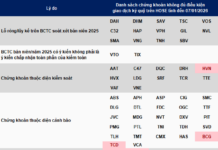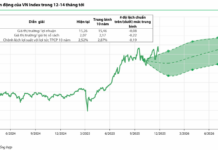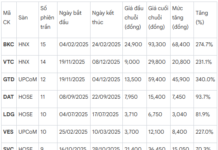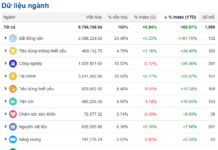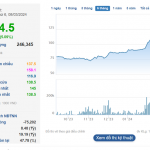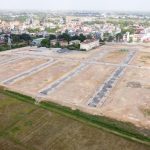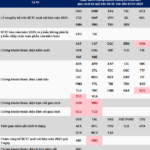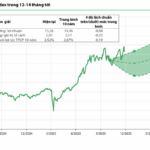Regarding issues in land auctions and loopholes that allow individuals to manipulate prices, VOV.VN’s journalist had a conversation with Lawyer Truong Thanh Duc, Director of ANVI Law Company and Arbitrator at the Vietnam International Arbitration Center.
Journalist: In the land auction in Hoai Duc, Hanoi, the starting price was set at VND 7.3 million per square meter, while the market price in the surrounding area was around VND 30-40 million per square meter. Is there a problem with the starting price determination in this case?
Lawyer Truong Thanh Duc: The law has provided regulations, and although they have been supplemented and improved multiple times, the age-old issue remains. The starting price in auctions, be it for land or other assets, often does not reflect the market reality. In some auctions, the starting price is set too high, and even after multiple reductions, the item remains unsold. Conversely, in other cases, the starting price is significantly lower than the market value.
This discrepancy indicates that the regulations are not in line with reality. Typically, the starting price should be within a reasonable range of the market price, not differing by several times.
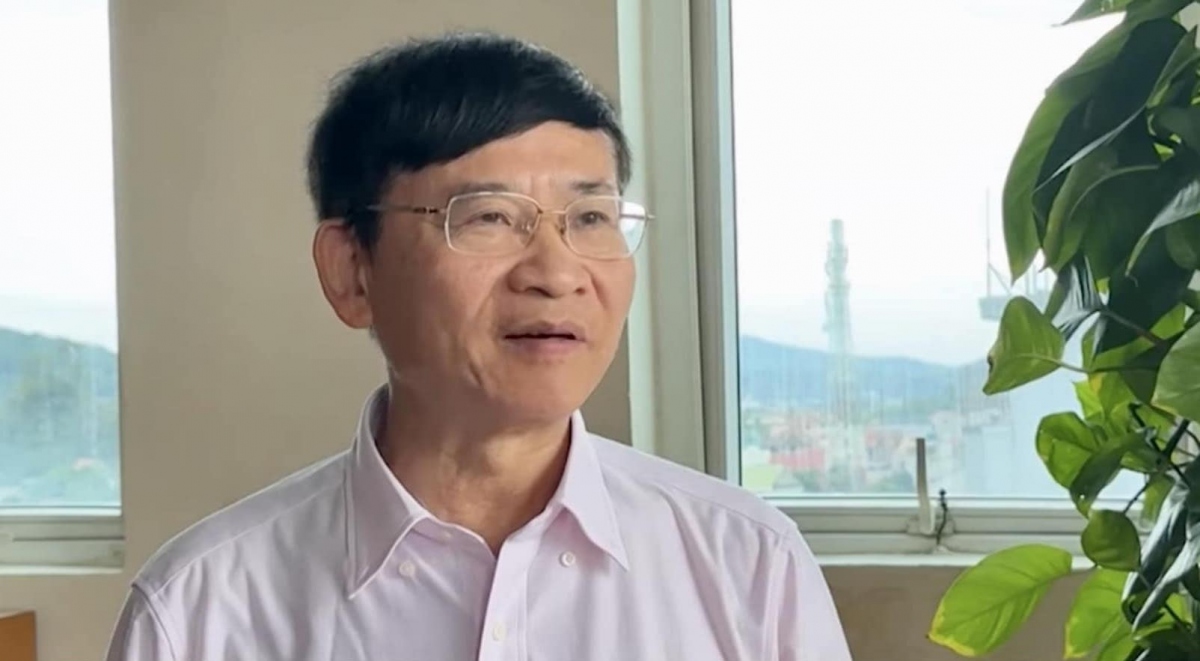
Lawyer Truong Thanh Duc, Director of ANVI Law Company and Arbitrator at the Vietnam International Arbitration Center
High Deposit Will Discourage Withdrawal
Journalist: The plots of land auctioned in Hoai Duc had a final price of VND 12-15 billion, but the deposit required was just over VND 120 million. Isn’t this low deposit amount a loophole that allows bidders to back out easily? What are your thoughts on this matter?
Lawyer Truong Thanh Duc: The principle of an auction is to achieve two goals: first, to prevent too many people with insufficient financial capacity from participating and causing disruption, and second, to ensure that exclusions are not excessive, leading to reduced opportunities and a lack of competition. Finding a reasonable balance is crucial.
According to the law, the current regulations are reasonable. The law has been amended multiple times, and the deposit value has been adjusted from 3% or 5% to a maximum of 20% of the starting price. This ensures that the deposit value ranges from 10% to 20% of the final auction price, which is entirely reasonable as a higher deposit will deter those who might withdraw and cause disruptions in the auction process for personal gain.
However, in reality, due to the significant gap between the starting price and the actual market value, the deposit value often ends up being only 3-5% or even 1% of the final auction price. This has led to instances of bidders backing out for various reasons, including miscalculations or collusion to drive up prices. If the deposit amount were set at 10-20% of the actual value of the auctioned land, such situations would be avoided. This discrepancy confirms that the auction process is flawed and, in some cases, highly erroneous.
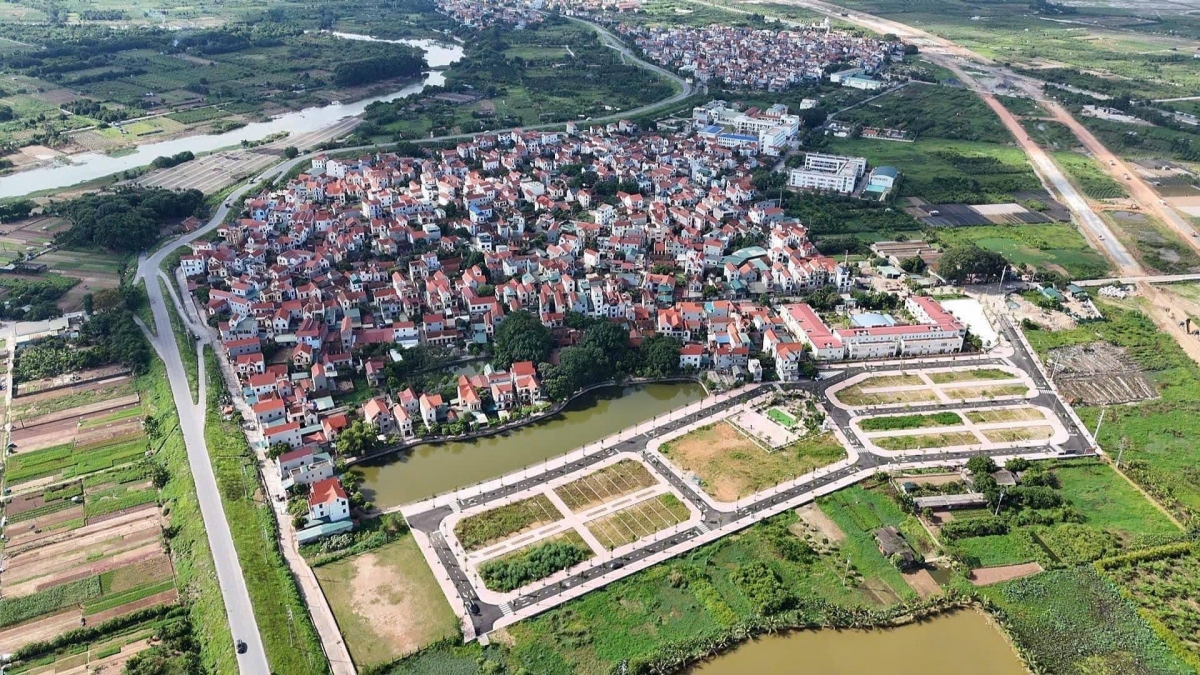
Auction site in Hoai Duc District, Hanoi
Journalist: Some people believe that land auctions are being disrupted by price manipulation, and there is a possibility of bidders backing out due to the low deposit amount. If this happens, will the bidders face any consequences or penalties?
Lawyer Truong Thanh Duc: In the previous version of the Law on Asset Auction, the consequences were limited to forfeiture of the deposit, without any additional sanctions. If the starting price is determined correctly, this approach is standard and aligns with international principles. However, in Vietnam, there are too many variables and anomalies, so the National Assembly has recently amended the Law on Asset Auction to include additional penalties beyond deposit forfeiture. These could include temporary restrictions on participating in tenders and auctions and other limited activities.
However, these sanctions are primarily meaningful for investors, organizations, and businesses that regularly engage in tendering and auction activities, as it affects their reputation and brand. For individuals participating in land auctions, such as those held in Thanh Oai and Hoai Duc, these sanctions hold little value. Individuals interested in participating in land auctions can easily find someone else to bid on their behalf.
High Land Auction Prices Are Not Always Beneficial
Journalist: In your opinion, what can be done to close the legal loopholes in land auctions and bring the land prices under control?
Lawyer Truong Thanh Duc: Auctions are a very standard, reasonable, objective, and effective method of selling, and they can achieve the goal of obtaining the highest price. In principle, the higher the price, the better, and this is true for most commodities. However, when it comes to land, extremely high prices can have a negative impact on psychology, investment, business, land price frameworks, and tax policies. Therefore, high land auction prices are not always desirable.
If the land prices are genuinely increasing, it indicates a serious market anomaly. It is highly irregular for land prices to increase from VND 30-40 million per square meter to several times that amount through auctions. This suggests that the auction process may have created loopholes, leading to unrealistic and inflated prices.
I believe that the most significant loophole is the low deposit amount, which does not deter bidders from backing out because the potential loss is negligible. The deposit amount should be set at a meaningful level, ranging from 10% to 20% of the final auction price. Throughout the auction process, if the price increases significantly, let’s say doubles or triples, the deposit amount should be adjusted accordingly to maintain the 10-20% ratio. If the deposit is not adjusted, and the auction price continues to rise, the deposit as a percentage of the final price will decrease, eventually becoming insignificant, making it easier for bidders to back out.
Journalist: Thank you for your insights, Mr. Duc!
Mass Land Auction: Warning of ‘Fictitious Fever’ Formation
The Ministry of Construction stated that the fact that many localities have stepped up the organization of land auctions in urban areas and new residential areas has had a positive impact on the market. However, experts also warn of “virtual fevers”, the risk of insecurity.


